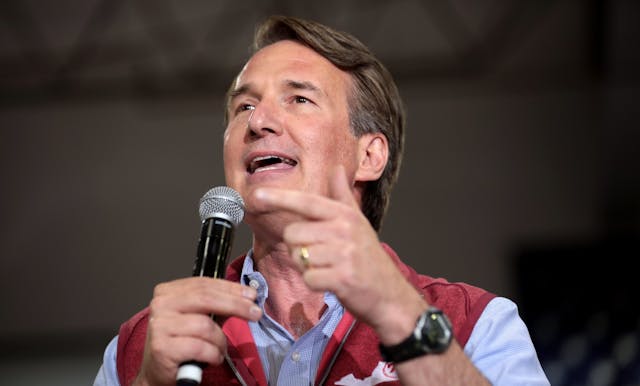Indiana Could Be Next State to Eliminate Straight-Ticket Voting

emoves a voter's option to vote for all candidates of a political party or an independent ticket at one time (straight ticket voting) in a general or municipal election."
In an interview with a local newspaper, Ober cited people's interest in candidates as opposed to political party to justify his legislation.
"We don't put donkeys or elephants on our signs anymore," he said.
In a separate interview with a local TV station, Ober also expressed his concern that straight-ticket voting prevents voters from reviewing nonpartisan referendums, such as a failed referendum to build a new middle school in his district.
House leadership has been generally supportive of the legislative measure. Speaker Brian Bosma (R) was quoted saying that both Democrats and Republicans have supported and opposed straight-ticket voting in the past, and that people should vote in accordance with a candidate's qualifications and character, as opposed to party affiliation.Party leaders on county and municipal levels are more mixed in their support for the measure. The elimination of straight-ticket voting could disadvantage both Republicans and Democrats in regions where the ballot option supposedly accounts for a significant portion of votes.
This claim cannot be substantiated because Indiana does not keep records detailing how many straight-ticket ballots are cast in each election.
H.B. 1008 was assigned to the Committee on Elections and Apportionment. If it passes the Indiana Legislature, it will come down to the decision of Republican Governor Mike Pence, a potential presidential candidate, to sign, veto, or take no action on the bill at all. The governor does not have to sign a bill for it to become law in Indiana; it will automatically go into effect after a set number of days unless it is vetoed.
Editor's note: The initial published draft said there are 6 states that allow straight-ticket voting. According to the National Conference of State Legislatures, the number is 11.
Photo Source: New Hampshire Public Radio



